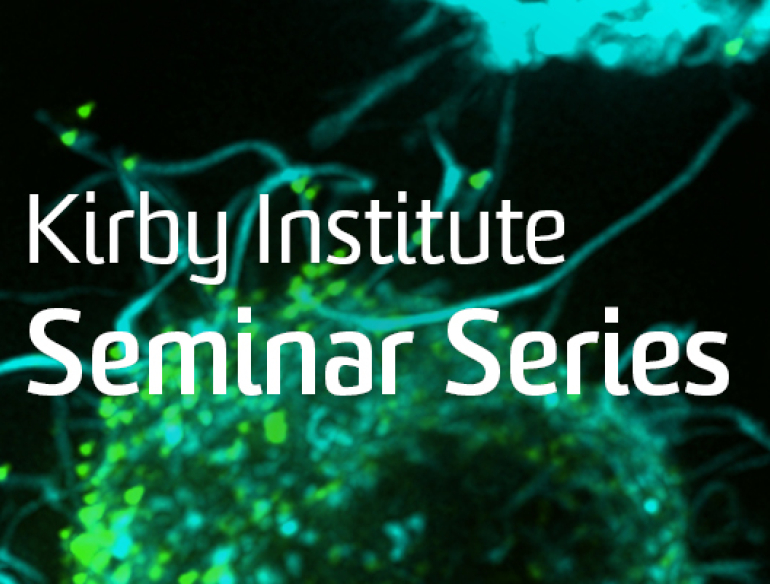Location:
Berg Family Foundation Seminar Room, Level 6, Wallace Wurth Building, Kensington Campus, UNSW Sydney
Contact for enquiries
Rata Joseph, +61 (2) 9385 0900 or recpt@kirby.unsw.edu.au
Kirby Institute Seminar Series presents
 |
Associate Professor Ashraful Haque Group Leader, QIMR Berghofer Medical Research Institute Since 2017, Ashraful Haque has been a Group Leader at QIMR Berghofer. He completed his PhD in Salmonella pathogenesis with Gordon Dougan at Imperial College in 2002. He completed an immunology post-doc at the London School of Hygiene and Tropical Medicine with Greg Bancroft. He moved to Australia in 2005 to study protozoan parasite infection with Chris Engwerda. He was awarded his first NHMRC CIA grant in 2010. Twitter: @DrAshHaque |
Abstract
My group is interested in how immune cells change from one state into another during an immune response. For example, CD4+ T cells can modify themselves to preserve memories of previous infections. To map this process at genome scale we employed single-cell RNA-seq, single-cell ATAC-seq and computational modelling in murine models of Plasmodium infection and allogeneic bone marrow transplantation.
